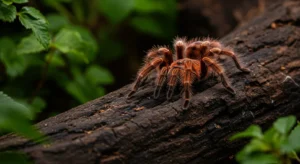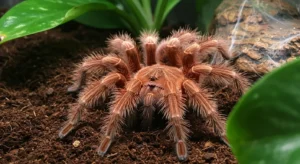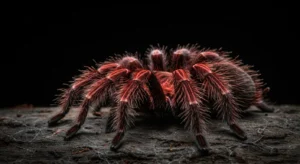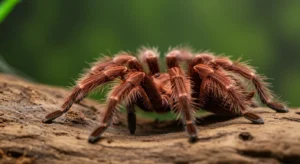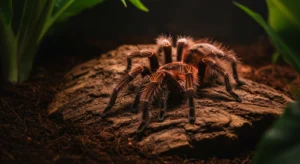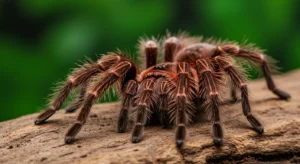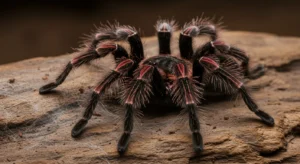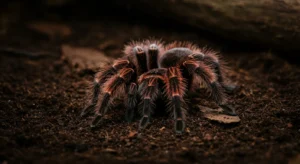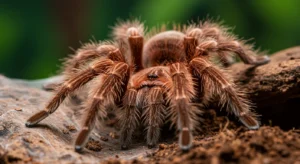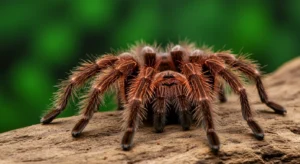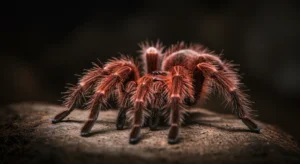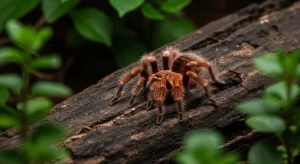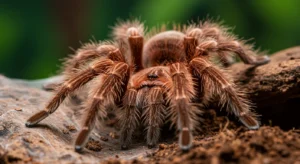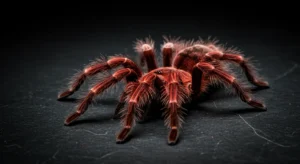Are Chilean rose tarantulas good for beginners?
The Chilean Rose tarantula (Grammostola rosea/porteri) is arguably one of the most frequently recommended species for individuals new to the tarantula-keeping hobby. But is this reputation truly deserved? For the most part, yes, they are considered excellent beginner tarantulas, but it’s helpful to understand why and be aware of potential exceptions.
Why They Are Often Recommended
Several key characteristics make the Chilean Rose a popular entry-level choice among the best tarantula species for beginners:
- Temperament: Generally docile and calm.
- Hardiness: Tolerant of minor fluctuations in husbandry.
- Care Level: Relatively simple care requirements.
- Venom: Mild venom, comparable to a bee sting.
- Availability & Cost: Widely available and usually inexpensive.
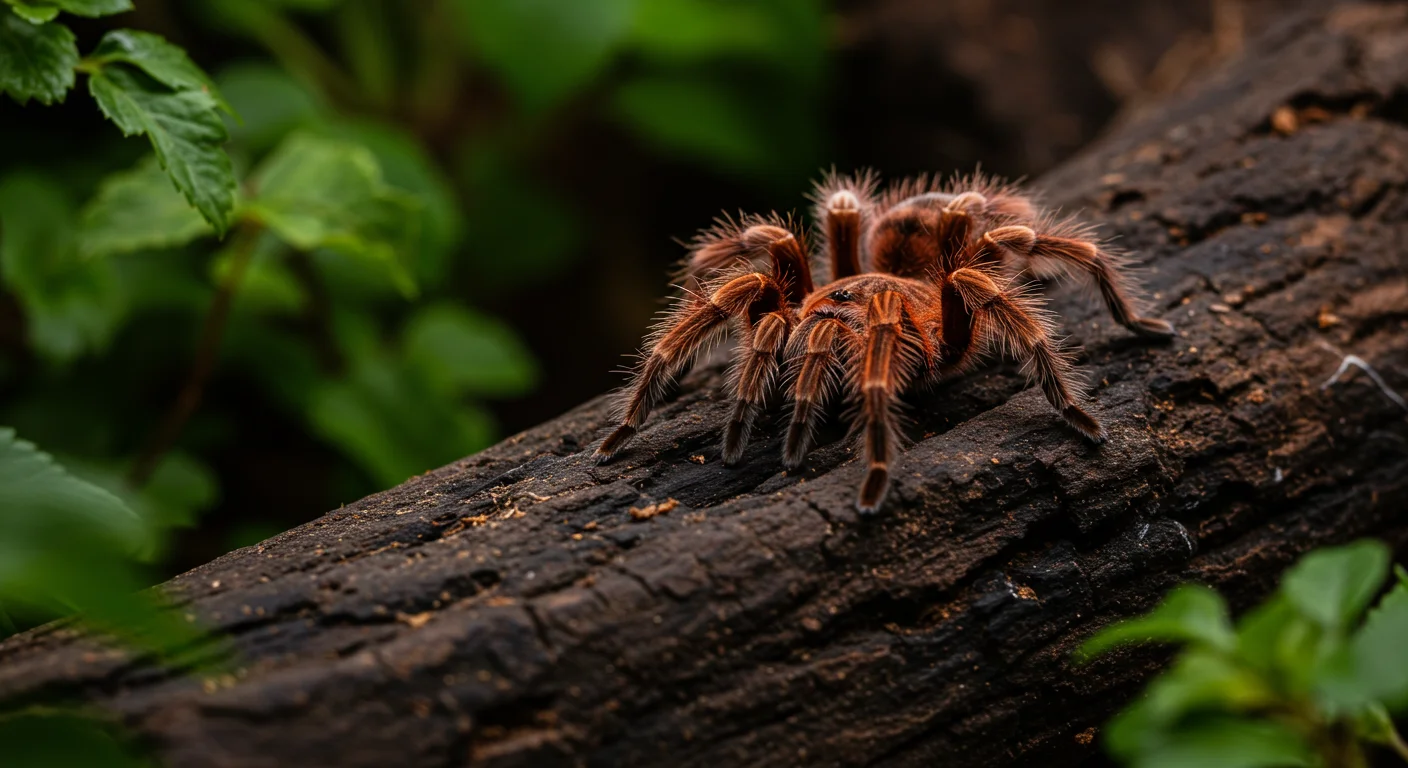
Temperament: Calm but Variable
This is often the biggest selling point. Most Chilean Roses are slow-moving and reluctant to bite or even flick urticating hairs unless significantly provoked. They tend to be more tolerant of disturbances than many other species.
Individuality Exists: It’s crucial to remember that temperament can vary between individuals. While the species *trend* is docile, you might occasionally encounter a more skittish or defensive specimen. Never assume docility; always observe the individual spider’s behavior.
Their primary defense is usually flicking urticating hairs, which cause itchiness but are less alarming for a beginner than a bite attempt.
Ease of Care
Compared to species requiring very specific humidity gradients or temperatures, Chilean Rose care is straightforward:
- Enclosure: Standard terrestrial setup (e.g., 5-10 gallon tank).
- Temperature: Typical room temperatures (70-80°F / 21-27°C) are usually fine.
- Humidity: Lower humidity (around 60-70%), easily maintained with a water dish and good ventilation.
- Feeding: Standard insectivore diet (crickets, roaches) fed weekly or bi-weekly for adults.
This simplicity reduces the chance of critical husbandry errors for newcomers.
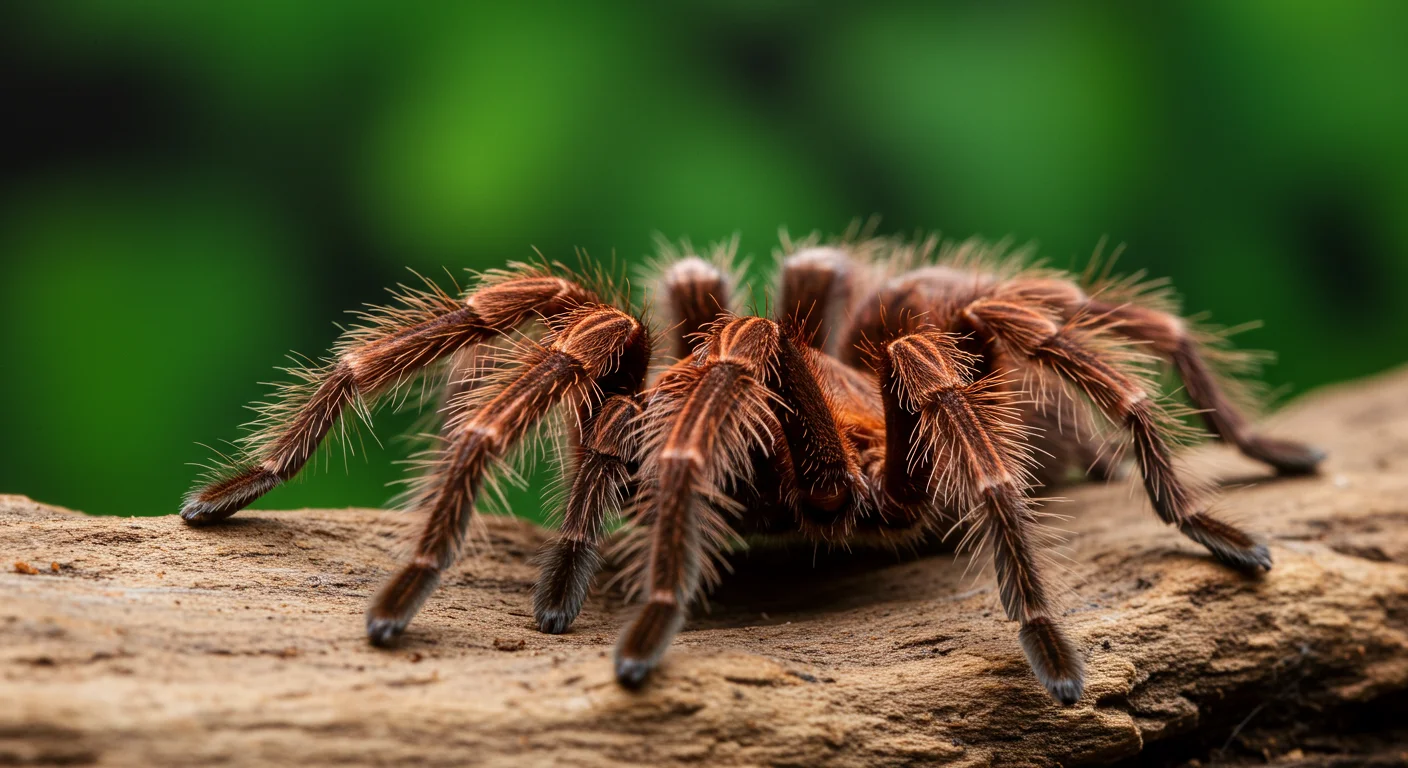
Hardiness and Forgiveness
Chilean Rose tarantulas are known for being robust. They can tolerate slightly suboptimal conditions better than more sensitive species. For example, if humidity drops a bit low temporarily, or if feeding is missed occasionally, they are less likely to suffer immediate ill effects. This “forgiveness factor” provides a buffer for beginners still learning the ropes.
They are also famous for their ability to go on long fasts (sometimes months) without eating, which can be alarming for beginners but is usually normal behavior and not indicative of a health problem, especially in mature specimens or those nearing a molt.
Potential Downsides for Beginners
While great beginner pets, there are a few points to consider:
- Inactivity: They can be *very* inactive, often described as “pet rocks.” Beginners expecting a lot of visible activity might be disappointed.
- Fasting Periods: Their long fasting periods can cause anxiety for new owners unsure if it’s normal behavior or illness.
- Urticating Hairs: Beginners need to be educated about urticating hairs and the irritation they can cause, discouraging handling.
- Growth Rate: They are relatively slow-growing compared to some other popular tarantula species.
- Temperament Variability: Relying solely on the “docile” reputation without observing the specific spider can lead to complacency. Researching the typical Chilean rose tarantula temperament is essential, but personal observation matters more.
Conclusion: A Solid Choice (with caveats)
Yes, Chilean Rose tarantulas (Grammostola rosea/porteri) are generally **excellent** choices for beginner tarantula keepers. Their combination of a typically calm temperament, straightforward care, hardiness, mild venom, and affordability makes them accessible and less intimidating than many other species.
However, prospective owners should be aware of their potential for inactivity, occasional fasting, the presence of urticating hairs, and the fact that individual temperaments can vary. With proper research and realistic expectations, the Chilean Rose provides a rewarding introduction to the world of tarantulas.
